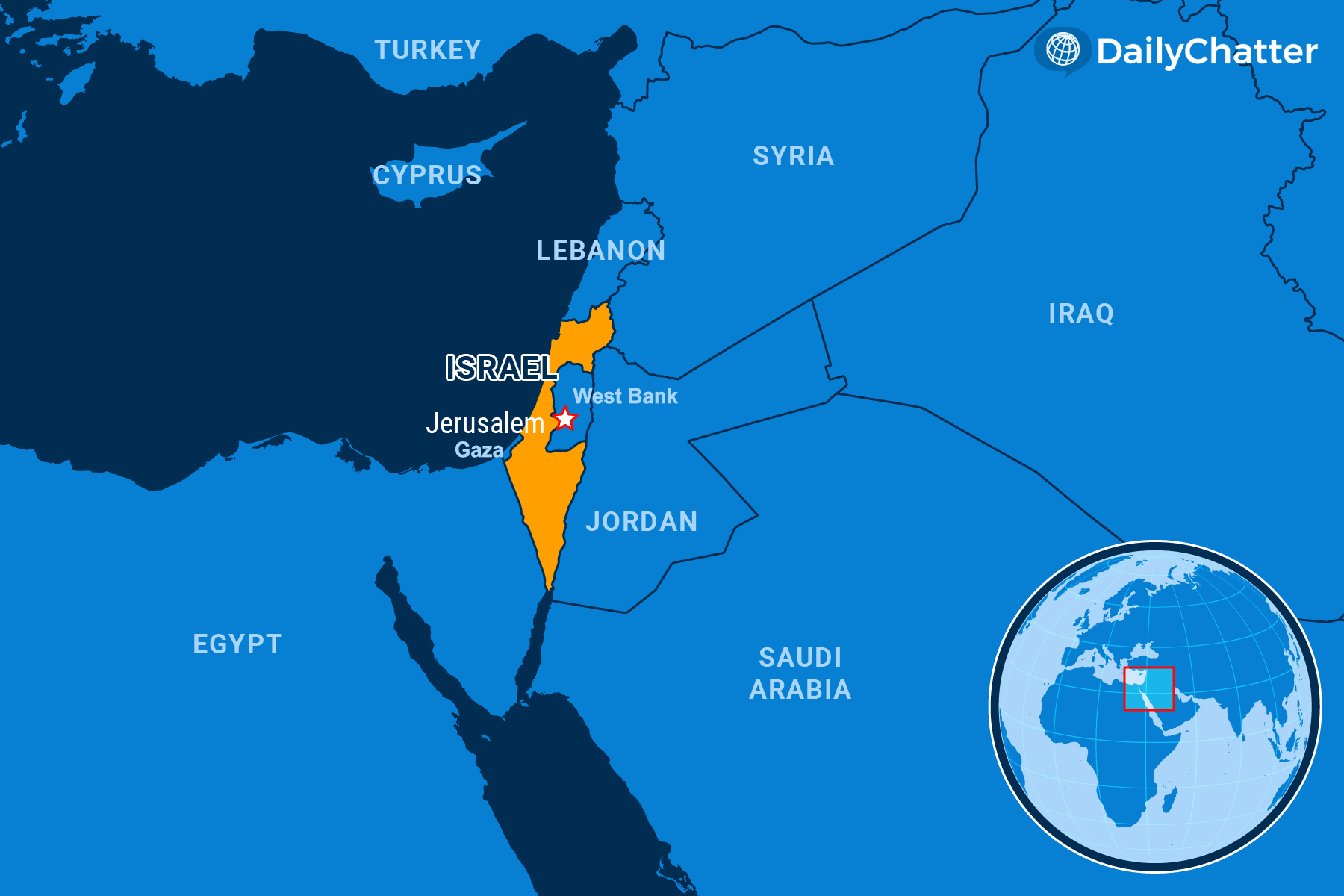Of Empty Victories

Iran led its first-ever direct attack on Israel over the weekend, a retaliatory drone and missile strike that was contained by Israel and its Western allies, and threatened to widen the ongoing war in Gaza into a regional conflict, Reuters reported.
The attack, involving more than 300 missiles and drones targeting military sites in Israel, was in response to an airstrike, widely credited to Israel, on an Iranian diplomatic building in Damascus, Syria on April 1 that killed 12 people, including two senior Iranian generals. Israel said it and its allies, the US, France and the UK, downed 99 percent of the airborne weapons launched on Saturday. No casualties were reported.
Meanwhile, both sides claimed victory.
The Iranian army’s chief of staff, Gen. Mohammad Bagheri, said the attack “put out of operation” an airbase Tehran suggested had been used by Israel’s air force in its strike on the Damascus consulate, the Guardian reported.
Israel reported minor damage, praising the success of its multilayered air defense arsenal, developed with US backing, that includes the so-called “Iron dome” used to shoot down short-range missiles, the Associated Press explained.
Nonetheless, Tehran on Sunday morning insisted its military operation had been successful. “If the Zionist regime takes action against us, (…) our next operation will be bigger,” Bagheri added.
As Israel mulled its possible response to the attack, US President Joe Biden told Israeli Prime Minister Benjamin Netanyahu that the US would oppose a counterattack on Iran, officials told Axios, preferring “a united diplomatic response.”
At a tense United Nations Security Council meeting held Sunday evening, the UN’s Secretary-General António Guterres condemned Iran’s attack but called on members not to escalate tensions with reprisals against Iran, the Guardian reported.
Israel’s ambassador to the UN, Gilad Erdan, called for “all possible sanctions” to be placed against Iran and to have the Iranian Revolutionary Guards designated a terrorist organization, while deputy US ambassador Robert Wood said the US would shortly “explore additional measures to hold Iran accountable here at the United Nations,” without providing specifics.
Iran’s UN ambassador, Amir Saeid Iravani, said his country’s action was necessary and proportionate and Iran had a right to defend itself. Iran has argued it used its right to self-defense because the Damascus strike violated the 1961 Vienna Convention prohibiting attacks on diplomatic premises. At the same time, after long acting behind proxies such as Hezbollah in Lebanon or the Houthis in Yemen, with Saturday’s attack Tehran essentially confirmed it was ready for a military clash with Israel, Haaretz wrote.
Israel has conducted hundreds of airstrikes against Iranian targets and its militia allies throughout the Middle East, a campaign that Israel rarely acknowledges but has long been an open secret, the Wall Street Journal wrote.
Meanwhile, because of the attack, Israel enjoyed a show of renewed support from its allies after its conduct in the war in the Gaza Strip had drawn growing criticism and isolation, including in the West, the Associated Press noted.
At the same time, some in Gaza celebrated the news of the strikes: “Whoever decides to attack Israel (…) when the whole world acts in its service, is a hero in the eyes of Palestinians regardless of whether we share their ideology or not,” one Palestinian man told Al Jazeera.
Hamas also welcomed the attack. The Palestinian group, backed by Iran, rejected a hostage release deal, Israeli intelligence said on Sunday.

Subscribe today and GlobalPost will be in your inbox the next weekday morning
Join us today and pay only $32.95 for an annual subscription, or less than $3 a month for our unique insights into crucial developments on the world stage. It’s by far the best investment you can make to expand your knowledge of the world.
And you get a free two-week trial with no obligation to continue.
